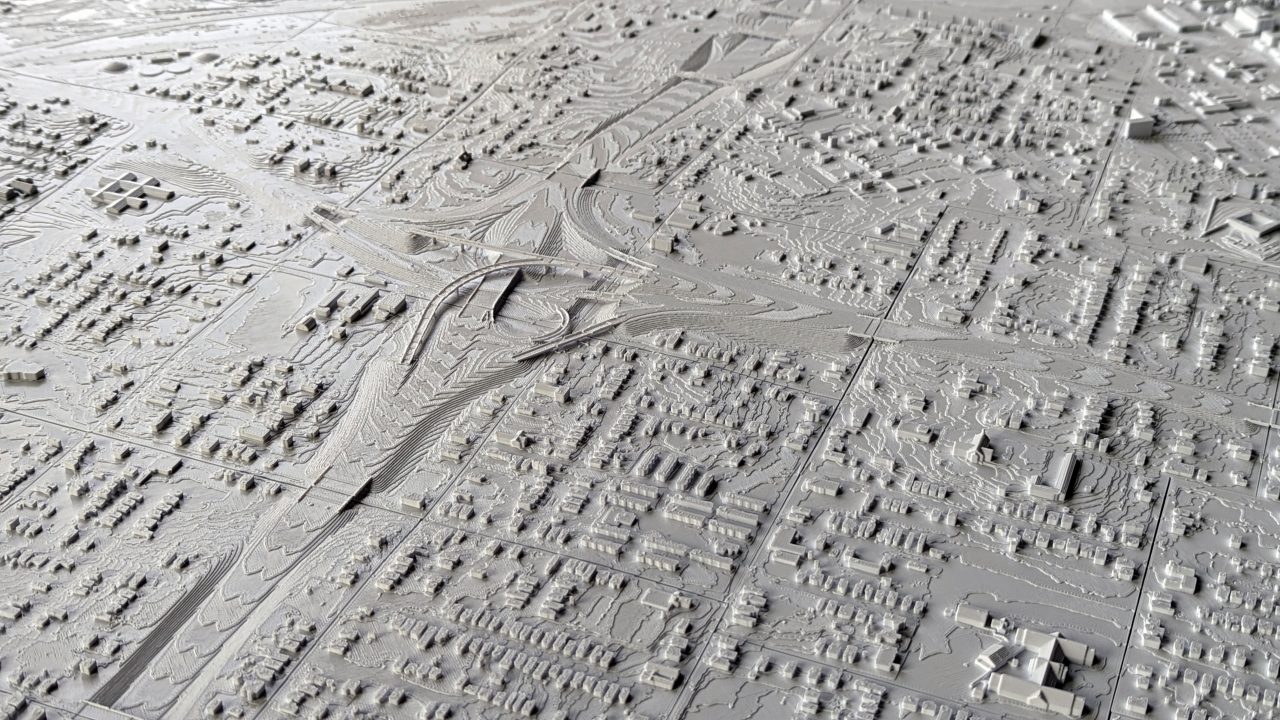APLA Faculty Research Historic Montgomery Neighborhood

Two faculty members from the School of Architecture, Planning and Landscape Architecture (APLA), have been awarded the Office of Inclusion and Diversity Exploratory Research Grant. This grant is the result of a partnership between Auburn’s Office of Inclusion and Diversity (OID) and the Office of the Senior Vice President for Research & Economic Development (OSVPRED). Assistant Professor Robert Sproull of the Environmental Design program and Assistant Professor Frank Hu of the Landscape Architecture program are collaborating on a community-engaged project that examines the history of the Peacock Tract neighborhood in Montgomery, Alabama.
The Exploratory Research Grant is a new initiative from OID and OSVPRED designed to support the research and creative activities of Auburn faculty members who are addressing complex societal issues within their disciplines. Sproull and Hu are working with the members of Mount Zion A.M.E. Zion Church to create an interactive physical model depicting Peacock Tract before, during and after the construction of the I-85/I-65 interchange that cut the neighborhood into sections and severed parts of it from the rest of Montgomery. They received a Seed Grant from the College of Architecture, Construction and Design (CADC) in 2022 for the project and are continuing their work with support from OID and OSVPRED.
Their model uses a combination of GIS data and LIDAR Point Clouds to produce detailed large-scale 3-D printed models with projected digital overlays. The projected graphics will show historic events that occurred in the neighborhood, including the route taken by protestors during the Selma to Montgomery March. The models will become an interactive exhibit in the Mount Zion A.M.E. Zion Church congregation’s original building, which is currently being developed as a museum. “Locating this interchange here in the 1960s had a devastating effect on what was a healthy middle-class African American neighborhood,” Sproull explained. “The exhibit will highlight the history and significance of the community. The 3D-printed model is large enough to depict other important events that occurred throughout the city as well. Everyone involved is extremely excited to see its continued development.”
See more in:
APLA,
Environmental Design,
Faculty,
Faculty Collaboration,
Faculty Recognition,
Faculty Work,
IBI Research,
Outreach,
Research
Related people:
Frank Hu,
Robert Sproull